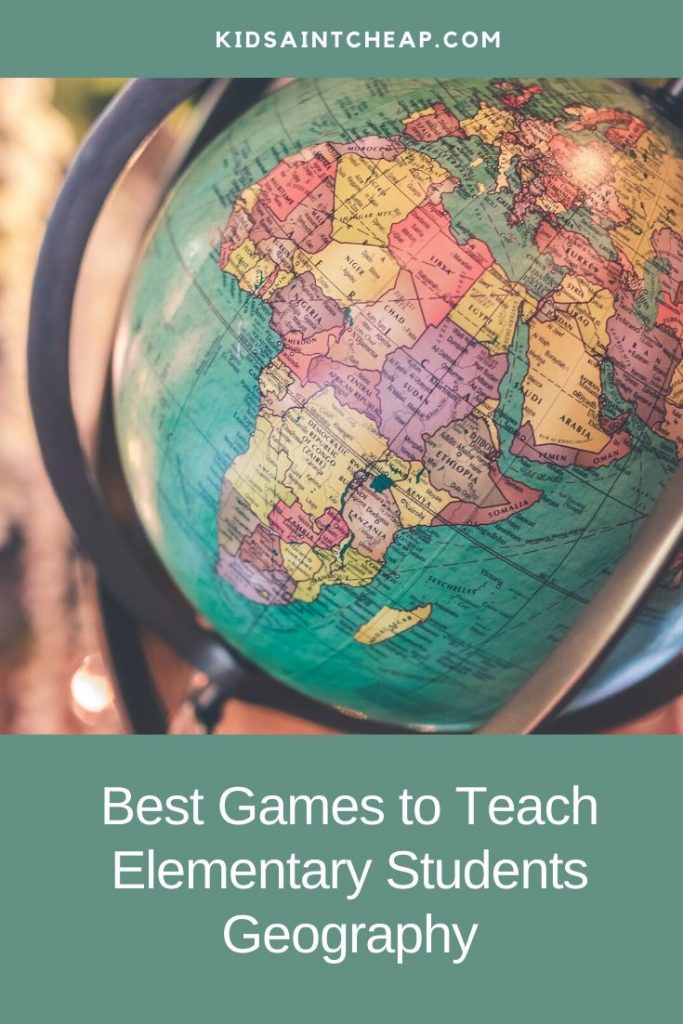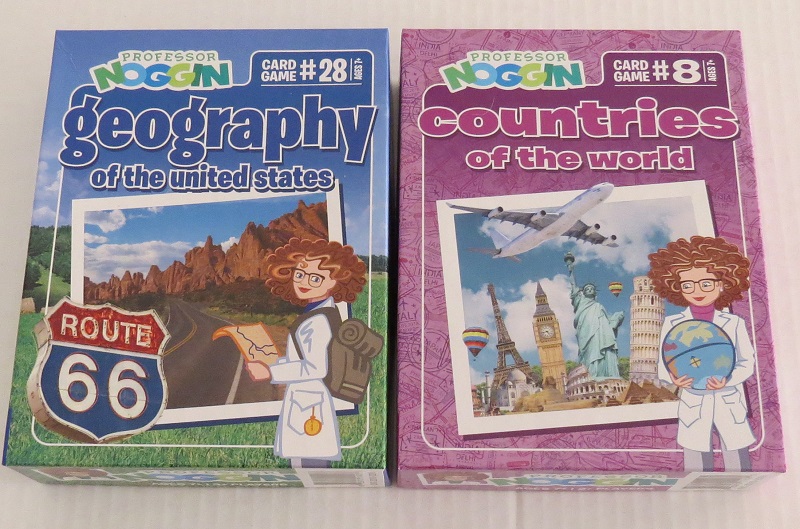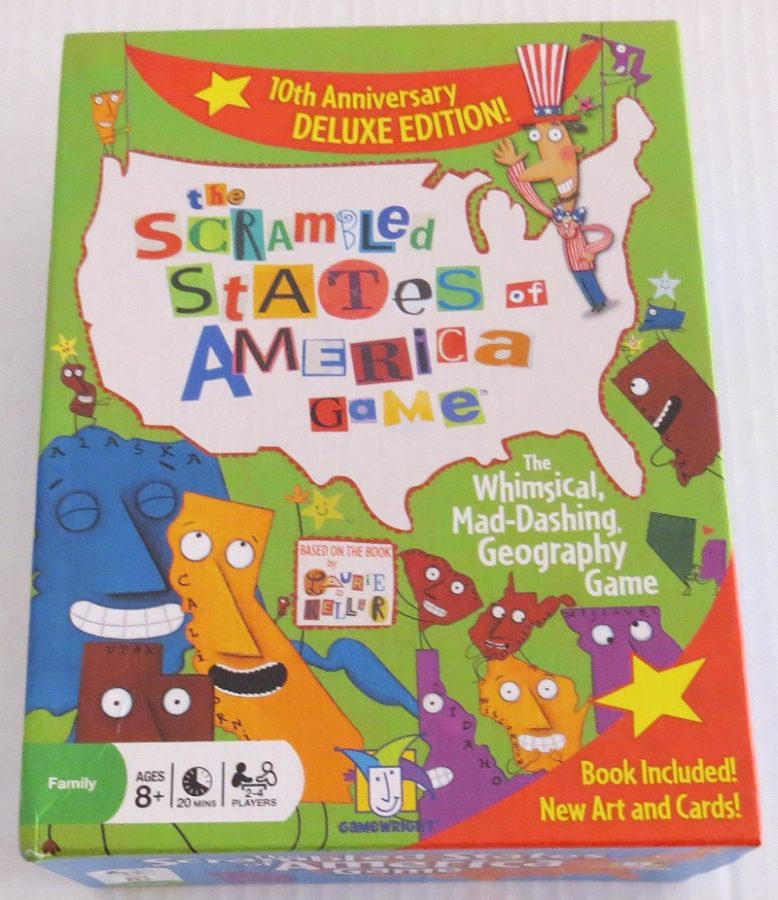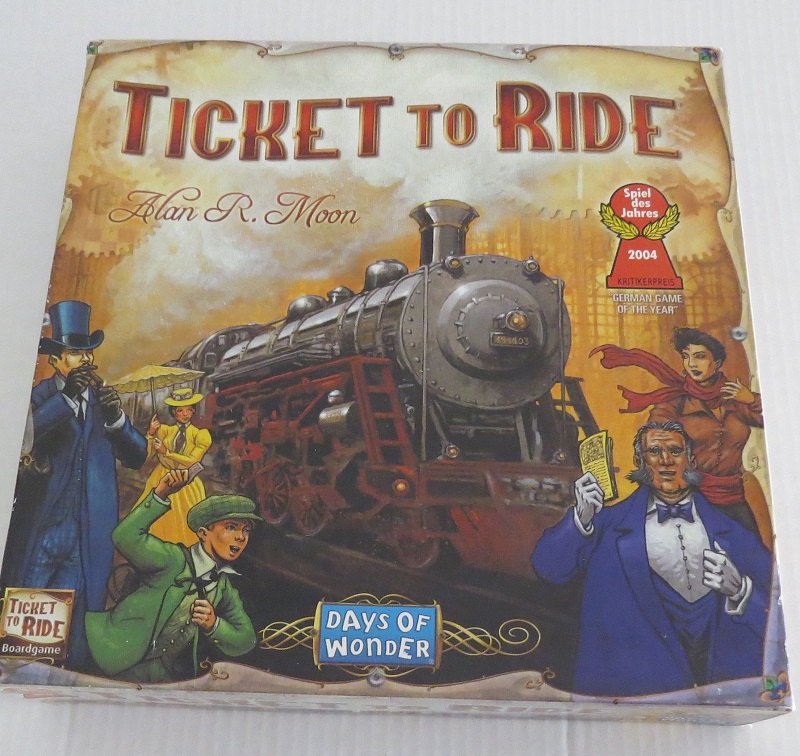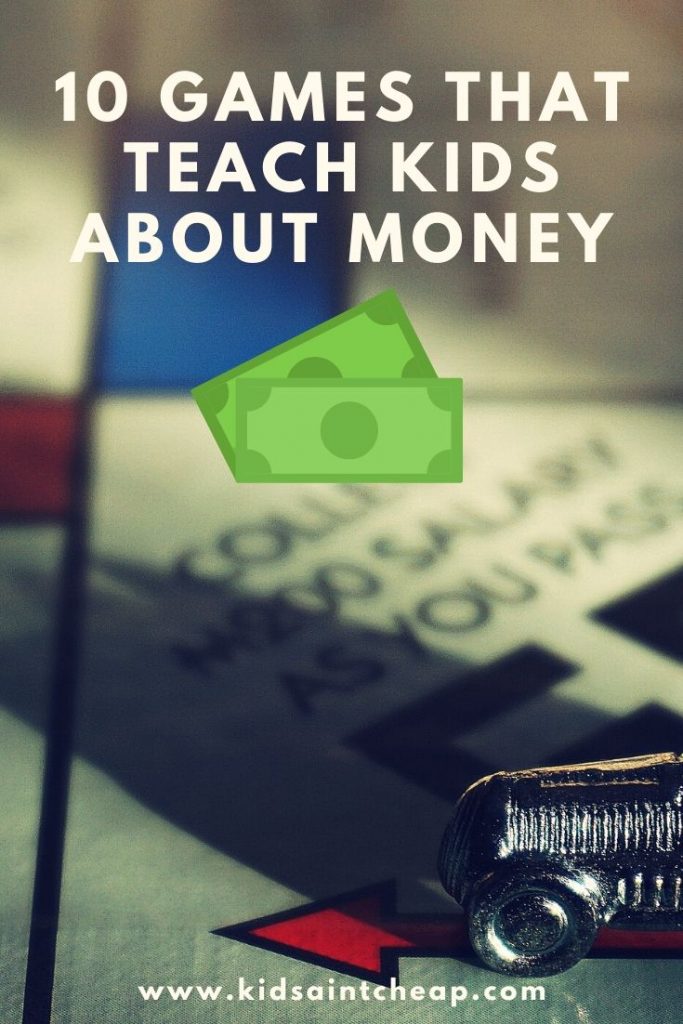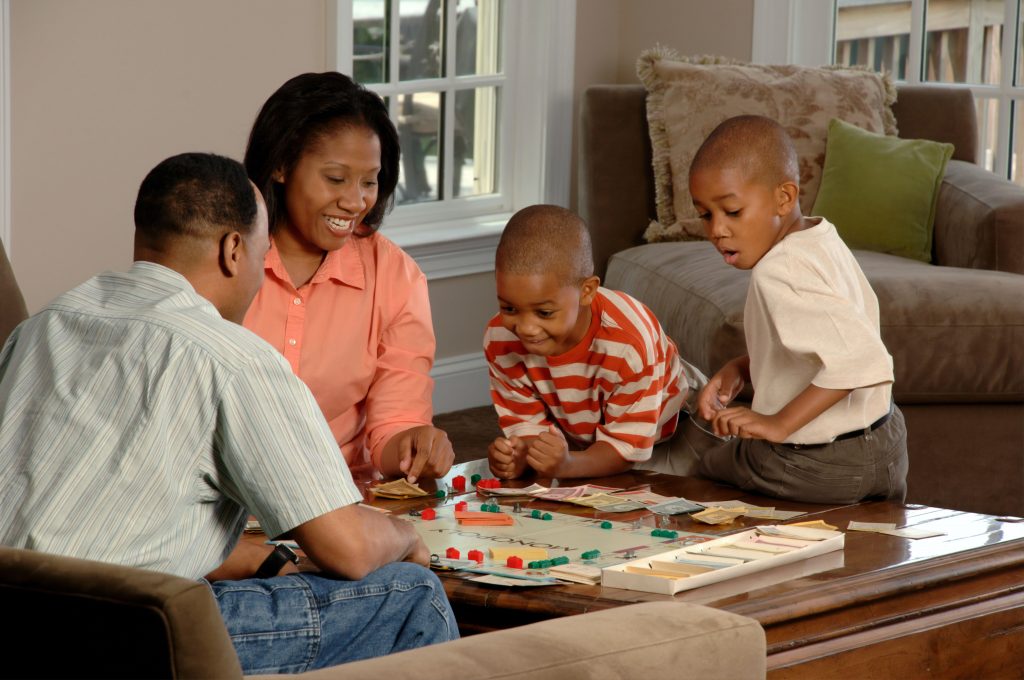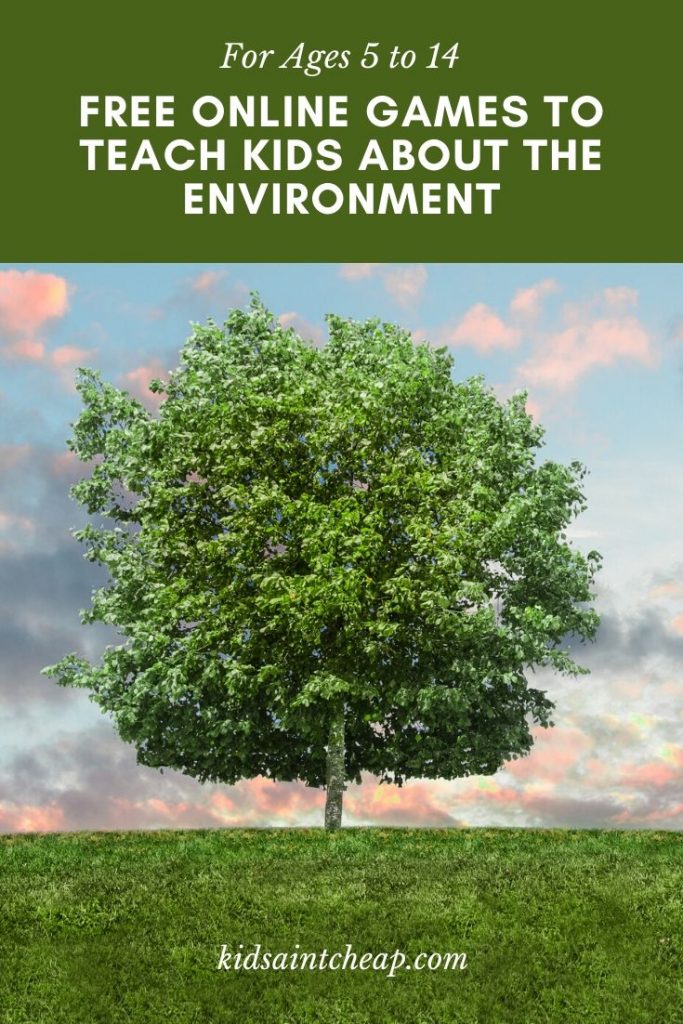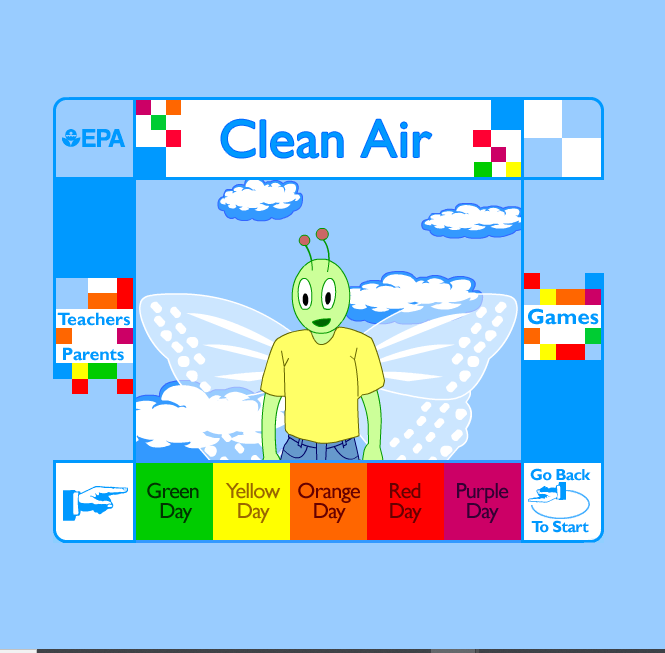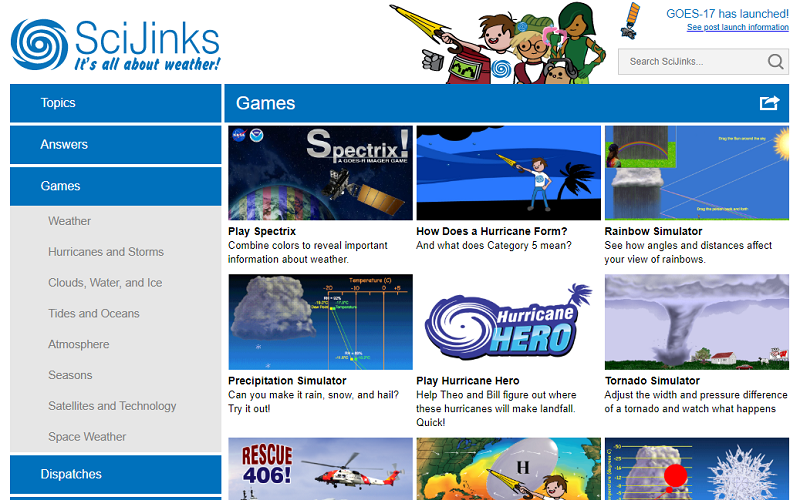For many of us, we learned geography in school through memorization. We memorized capitals, populations, physical geography. Oh, the tedium. While I liked geography, learning it in school took all of the joy out of it. However, it doesn’t have to be that way. You can bring geography to life for your student by cooking food eaten in that country and playing games.
Best Games to Teach Elementary Students Geography
There are so many fun games to teach kids about geography!
The Professor Noggins Series
If you’re looking for a quick and educational game, try the various Professor Noggins games. Popular geography titles include Wonders of the World, Countries of the World, Countries of the World II, and Geography of the United States.
These games are good for ages 7+. To play the game, roll the dice. Then, the next player will read you the question. You can choose between student or scholar. A student question might read, “The peninsula of Cape Cod juts into which ocean?”, while a scholar question will ask a more difficult question like, “Guadalupe Mountains National Park is located in which state?” When you’ve gone through the entire deck, whoever has the most cards (correct answers) wins. Because of the two different levels, this game is great for multiple ages. I enjoy playing these games with my kids, especially because I usually learn something, too!
The Scrambled States of America
In this fun game, each player is given a U.S. map and five state cards. Then, you read a playing card such as, “Capital starts with A or B.” The player then looks at their five-state cards to see if they have a card that fits the criteria. If they have one, they put that card aside and pick a new one. The winner is the person who has the most state cards when the pile runs out.
I enjoy The Scrambled States of America because there are two options to play. You can either race (the first person to answer correctly wins the round), or each player can answer and all the players that have it right win that round. The latter version is perfect for younger kids or kids who have dyslexia and take more time to read. The former is perfect for competitive older kids.
Ticket to Ride
Ticket to Ride is often a long game. Plan on playing for an hour or so, but it also makes a fun family game. Players choose three cards that represent trips across America. They can choose to keep all of the cards, only two, or only one. If they complete the trip, they get the number of points on the card. If they don’t complete the trip, the points on the card are deducted from their score. The winner is the person who has the most points at the end.
Players learn where the states are as well as what the major cities are through regular play. Our family really enjoys this game.
Final Thoughts
These are just three of the best games to teach elementary students geography. There are many others available. With so many fun resources, why settle for boring lessons? Make learning geography fun instead!
Melissa is a writer and virtual assistant. She earned her Master’s from Southern Illinois University, and her Bachelor’s in English from the University of Michigan. When she’s not working, you can find her homeschooling her kids, reading a good book, or cooking. She resides in Arizona where she dislikes the summer heat but loves the natural beauty of the area.
